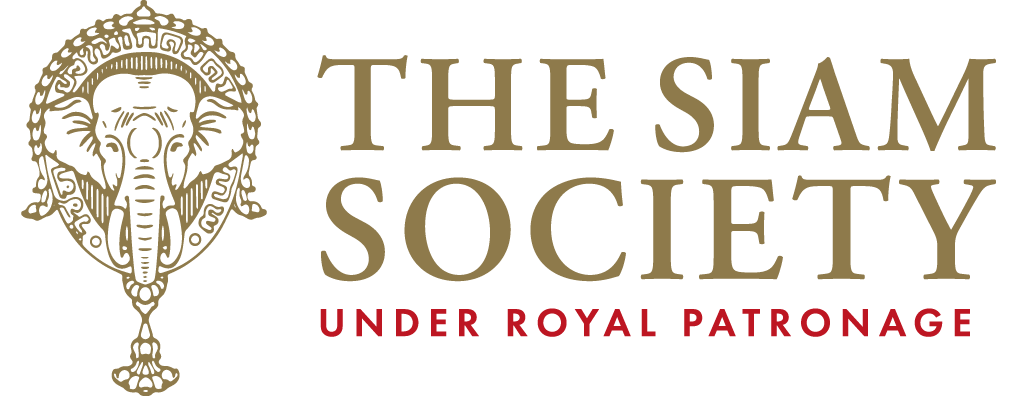Economic Development and Thai State Extension to Defeat Insurgency | A Talk by Paul Carter
About this lecture
During the Second Indochina War (1959–75), Thailand suffered from an externally-supported communist insurgency. The People’s Republic of China and the Democratic Republic of Vietnam targeted Thailand, Cambodia, Laos, and South Vietnam for communist expansion. When the war ended, only Thailand had prevailed against insurgency: an achievement not by luck but by a combination of Thai strategies. Economic development in support of security and Thai State extension were two of the more significant strategies employed against the insurgency. Post-WWII, with U.S. and other development partner support, Thailand embarked on a nation-building campaign primarily for its northern and northeastern regions. This development fostered economic progress and acculturated rural populations, placing Thai government administration and services into previously inaccessible areas. The notion that quality-of-life improvement provided a positive counterinsurgency effect was only a hunch at the time, which recent empirically-based counterinsurgency modeling and social science research have quantifiably confirmed. The Thai government built roads and hospitals, launched mobile medical teams, introduced new agricultural techniques and incorporated foreign educators and technicians into development. Thousands of Thai development officials, Bangkok college students, U.S. Peace Corps volunteers, monks, American educators, contractors and others descended upon the regions like never before. Intensive village surveys from 1963–87, statements from former communists, Thai academics, and Thai leaders show that the rural populations responded well to this effort, and the measures had a positive counterinsurgent effect. This lecture examines the Thai effort and why it succeeded.
To comply with social distancing rules, we must limit the audience to 50 persons. Please book your seat in advance by emailing or phoning your booking to the Society.
About the speaker
Mr. Paul Carter is a doctoral candidate at Chulalongkorn University, which awarded him a Master’s degree in Thai Studies (“Thai Forward Air Guides in Laos during the Second Indochina War”). He is a retired US Army intelligence officer, having served in Afghanistan in 2002–2003. He subsequently spent seven years at the US Defense Intelligence Agency in Washington DC, focusing on Iran and Iraq. In 2007–2011, he was deployed to Iraq, providing critical information to US forces while informing US national policy makers on Iraqi developments. In 2013, the US Office Director of National Intelligence awarded him the US President’s Daily Brief Professional Recognition Award for co-authoring 14 Presidential Daily Briefs from 2011–2014 on Middle East topics for US national security. Mr. Carter is also a special lecturer at Mahidol University.
When
Where
Admission
Members and Students — Free of charge
Non-Members — THB 200
For more information, please contact
Tel. 02-661-6470-3
Or email to arunsri@thesiamsociety.org
More upcoming lectures
-
 Ho Undercover: Ho Chi Minh’s Covert Journey to IndependenceLecturesThursday, 17 July 2025 at 19:00
Ho Undercover: Ho Chi Minh’s Covert Journey to IndependenceLecturesThursday, 17 July 2025 at 19:00 -

-
 The Forgotten Japanese Doctors of Prewar Siam: Medicine, Migration, and Imperialism from the 1890s to 1945LecturesThursday, 24 July 2025 at 19:00
The Forgotten Japanese Doctors of Prewar Siam: Medicine, Migration, and Imperialism from the 1890s to 1945LecturesThursday, 24 July 2025 at 19:00 -
 Tibetan Living & Dying: Insights from the Heart Drops of SamantabhadraLecturesThursday, 31 July 2025 at 19:00
Tibetan Living & Dying: Insights from the Heart Drops of SamantabhadraLecturesThursday, 31 July 2025 at 19:00
